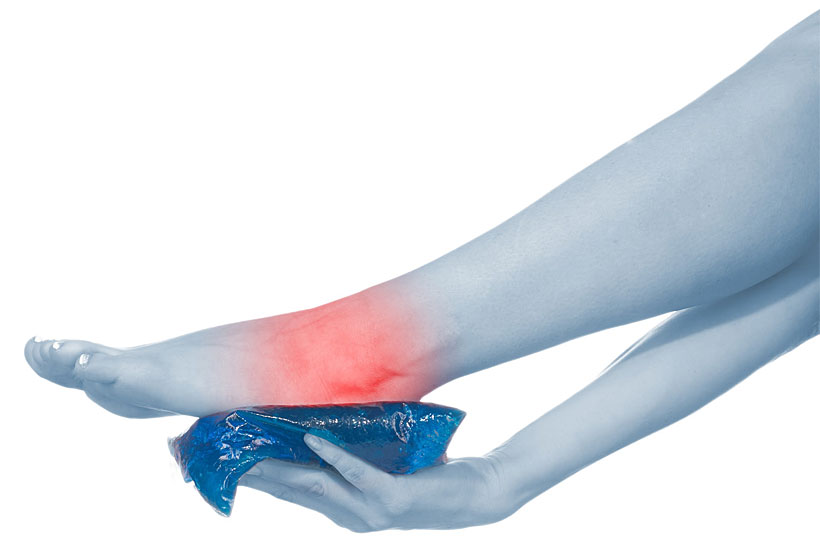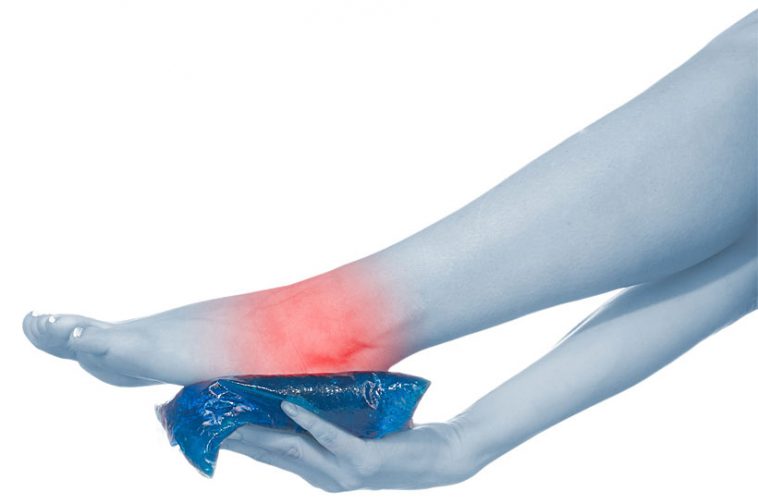- Like
- SHARE
- Digg
- Del
- Tumblr
- VKontakte
- Flattr
- Buffer
- Love This
- Save
- Odnoklassniki
- Meneame
- Blogger
- Amazon
- Yahoo Mail
- Gmail
- AOL
- Newsvine
- HackerNews
- Evernote
- MySpace
- Mail.ru
- Viadeo
- Line
- Comments
- Yummly
- SMS
- Viber
- Telegram
- JOIN
- Skype
- Facebook Messenger
- Kakao
- LiveJournal
- Yammer
- Edgar
- Fintel
- Mix
- Instapaper
- Copy Link
 Recovering from a fitness-related injury? Here are 5 things that will support your healing journey:
Recovering from a fitness-related injury? Here are 5 things that will support your healing journey:
#1. Good food
Nutrition directly affects physical and psychological health and plays a critical role while actively training.Good nutrition is equally important when you’re recovering from an injury. When you’re not working out, your body needs all the quality nutrients it can get in order to heal.
Do yourself a favor and eat fresh, high-quality, organic, nutritious foods to help speed your recovery. Take good care of your body and mind. Feed your body dense nutrition to support your healing process.
#2. A source of heat and ice
It’s first instinct for many people to apply a heating pad to pain, but not all pain is relieved by heat; sometimes you need ice and other times you need both. Ice is for calming down superficial tissue injuries like inflammation and swelling. Heat is for stiff and aching muscles.
Before using either, check with your doctor to make sure you apply heat and cold properly. Some injuries require alternating between hot and cold, while others only require heat. Both heating pads and ice are extreme temperatures so make sure you know exactly what you need and when to use each one.
#3. Time to relax
Take time out of your day to relax. Even if you’re sitting in bed all day long, that doesn’t mean you’re relaxing.
Set aside time each day to chill, unwind, and take your mind off your injury. Sit in front of the fire with a good book and a cup of coffee or tea.If you struggle getting a fire started, or can’t bend down because of your injury, try using a fireplace grate to increase the amount of air flow underneath and between your wood.
Give yourself permission to stare into the flames, empty your mind, and lose yourself in total relaxation.
#4. Supplements
If you’ve never been into supplements, you may want to reconsider – at least while you heal from your injury.
According to Healthline.com, there are 14 foods and supplements that can aid you in recovering from an injury. These include:
- Protein. Protein is an obvious necessity, but when you’re not working out it might be easy to miss. Make sure you’re getting enough protein-rich foods, and if you’re already starting to train your injured body part, protein will aid in rebuilding lost muscle.
- Fiber. When you’re immobilized, you will gain weight faster, which means you’ll need to eat less. By consuming foods rich in fiber, you’ll squash your appetite. Fiber-rich foods include fruits, vegetables, legumes, and whole grains.
- Vitamin C. Vitamin C helps the body produce collagen, which plays a critical role in rebuilding tissue and maintaining your bones, muscles, skin, and tendons. It also helps to reduce inflammation.
Sources of vitamin C include citrus fruits, yellow bell peppers, leafy greens, broccoli, tomatoes, and papaya. Make sure you get enough Vitamin C so your body can rebuild tissue as needed.
- Omega-3 fatty acids. After an injury, inflammation is part of the healing process. However, too much inflammation for an extended period of time isn’t good. Consuming foods rich in omega-3 fatty acids can help reduce excessive inflammation.
Sources of omega-3 includes fish, algae, walnuts, flax seeds, and chia seeds.
- Zinc. Zinc is necessary for wound healing, tissue repair, and tissue growth. Not getting enough zinc can delay wound healing.
Sources of zinc include fish, meat, shrimp, seeds, nuts, and whole grains.
- Vitamin D. Vitamin D has been shown to enhance ACL surgery recovery, so if that’s your situation, don’t skip the vitamin D! It’s not easy to get enough vitamin D from food, you really need to get out into the sun for a few minutes each day to allow your skin to create vitamin D.
- Calcium. Calcium isn’t just for bones – it’s also involved in muscle contractions and nerve signaling. You don’t want to be deficient in calcium while recovering from an injury. Thankfully, it’s easy to find in foods like leafy greens, broccoli, okra, almonds, and seaweed.
#5. Self-control
Self-control will prevent you from going back to the gym too soon. Just as muscles only grow while you’re resting, so it goes for healing. Getting back to your workout too soon can prolong your healing and might even cause further injury.
The Bottom Line
Although there are many ways to recover, your doctor knows what’s best for you. You can use these tips to speed up your recovery and make it more comfortable, but remember to follow your doctor’s advice.
About Shannon Clark
Shannon holds a degree in Exercise Science and is a certified personal trainer and fitness writer with over 10 years of industry experience.

